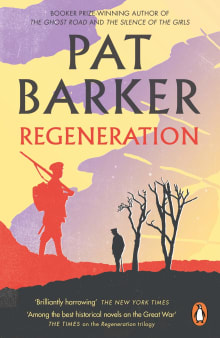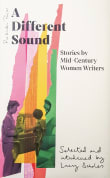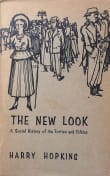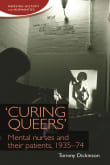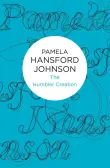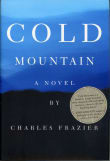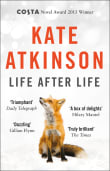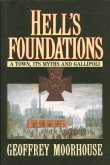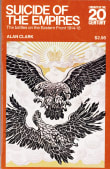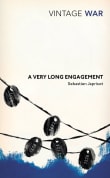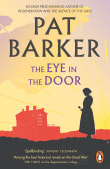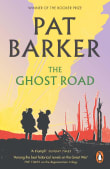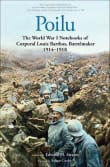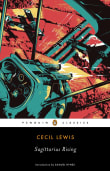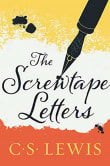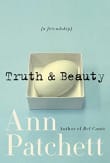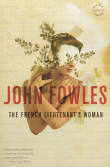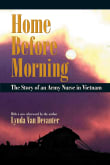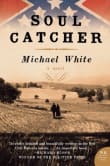A Particular Man
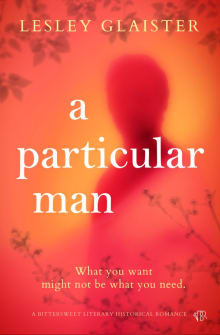

New book alert!
Why am I passionate about this?
About myself: As a novelist I’m crazy for detail. I believe it’s the odd and unexpected aspects of life that bring both characters and story worlds to life. This means that I try to be an observer at all times, keeping alert and using all five – and maybe six – senses. My perfect writing morning begins with a dog walk in the woods or on a beach, say, while keeping my senses sharp to the world around me and listening out for the first whisper of what the day’s writing will bring.
Lesley's book list on relationships and sexuality in post-World War II Britain
What is my book about?
This book is a literary historical novel. It is set in Britain immediately after World War II, when people – gay, straight, young, and old - are struggling to get back on track with their lives, including their love lives. Because of the turmoil of the times, the number of losses, and the dangerous and peculiar circumstances people find themselves in, sexual mores have become shaken and stirred.
But what happened after the war, in the time of healing and settling down? This novel examines the emotional, romantic, and sexual lives of three characters searching for a way to proceed.
Love never dies in this novel by “a writer of addictive emotional thrillers” (The Independent).
Told from three perspectives A Particular Man is about love, truth and the unpredictable consequences of loss.
When Edgar dies in a Far East prisoner-of-war camp it breaks the heart of fellow prisoner Starling. In Edgar’s final moments, Starling makes him a promise. When, after the war, he visits Edgar’s family, to fulfil this promise, Edgar's mother Clementine mistakes him for another man.
Her mistake allows him access to Edgar’s home and to those who loved him, stirring powerful and disorientating emotions, and embroiling him…
